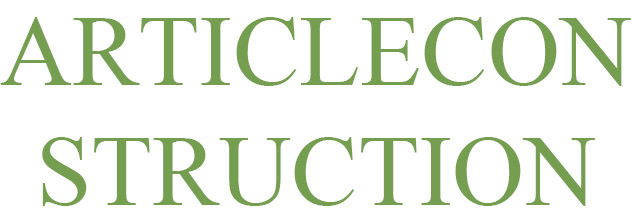Understanding B Grade Solar Panels: Pros and Cons
Understanding B Grade Solar Panels: Pros and Cons involves recognizing that B Grade solar panels typically offer a balance of affordability and decent performance, but they may lack the efficiency and warranty security found in higher-rated panels. This classification stems from various factors, including manufacturing quality, efficiency ratings, and overall longevity, which can provide consumers with both benefits and drawbacks in their solar investment.
Want more information on B Grade Solar Panel? Feel free to contact us.
B Grade solar panels are often produced by leading manufacturers but may not meet the stringent performance criteria required for A Grade certifications. These panels may have slight aesthetic imperfections or lower efficiency ratings—usually around 15-18%—compared to top-tier models that can exceed 20%. For many consumers, the allure of B Grade solar panels lies in their reduced cost. Homeowners looking to lower their energy bills without breaking the bank often consider these options as viable alternatives. However, understanding the trade-offs is crucial in making an informed choice.
One reason for the growing interest in B Grade solar panels is the increasing demand for renewable energy sources. As more individuals and businesses look to adopt solar solutions, the market is flooded with options to cater to varying budgets and efficiency needs. B Grade panels provide an entry point for those hesitant to commit to the premium prices of A Grade panels while still wanting to invest in solar energy, thereby supporting the wider transition towards sustainable practices.
Nevertheless, the decision to invest in B Grade solar panels should not be made lightly. While they offer cost savings, durability and long-term performance can be concerns. Lower efficiency means that homeowners might need to install more panels to achieve the same energy output as high-grade options. This can lead to increased labor and installation costs. Furthermore, if a B Grade panel fails or degrades faster than expected, the financial savings can diminish significantly over time, establishing a need for a thorough assessment of one's energy requirements and financial situation.
In terms of warranty, many manufacturers offer less comprehensive coverage for B Grade panels compared to their higher-rated counterparts. Typically, A Grade panels come with warranties spanning 25 years, while B Grade models may only guarantee 10 to 15 years. This limited coverage might suggest that some manufacturers are less confident in the longevity of these products. Consumers should weigh the potential risks against the initial savings when considering long-term investments.
The impact of choosing B Grade solar panels extends beyond individual consumers and reflects broader implications for the renewable energy sector. As more homeowners choose budget-friendly options, the push for more efficient and less expensive solar technology becomes even more critical. The widespread adoption of B Grade panels may also lead to innovations in the industry, as manufacturers work to improve quality and decrease prices. This competition can ultimately benefit consumers across the board, democratizing access to solar energy.
In conclusion, while B Grade solar panels provide a reasonable balance between price and performance, their specific pros and cons must be carefully evaluated. These panels can offer a sound solution for those looking to venture into solar energy without substantial upfront costs. However, potential buyers should not overlook the significance of efficiency, aesthetic quality, and warranty information. With this understanding, individuals can make more educated decisions, contributing to the collective shift towards renewable energy solutions that suit both their financial and eco-friendly endeavors.
Contact us to discuss your requirements of Hybrid Inverter Supplier. Our experienced sales team can help you identify the options that best suit your needs.



